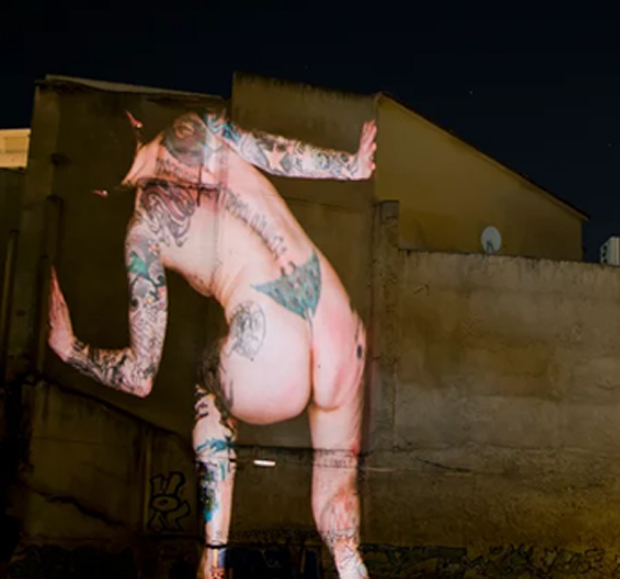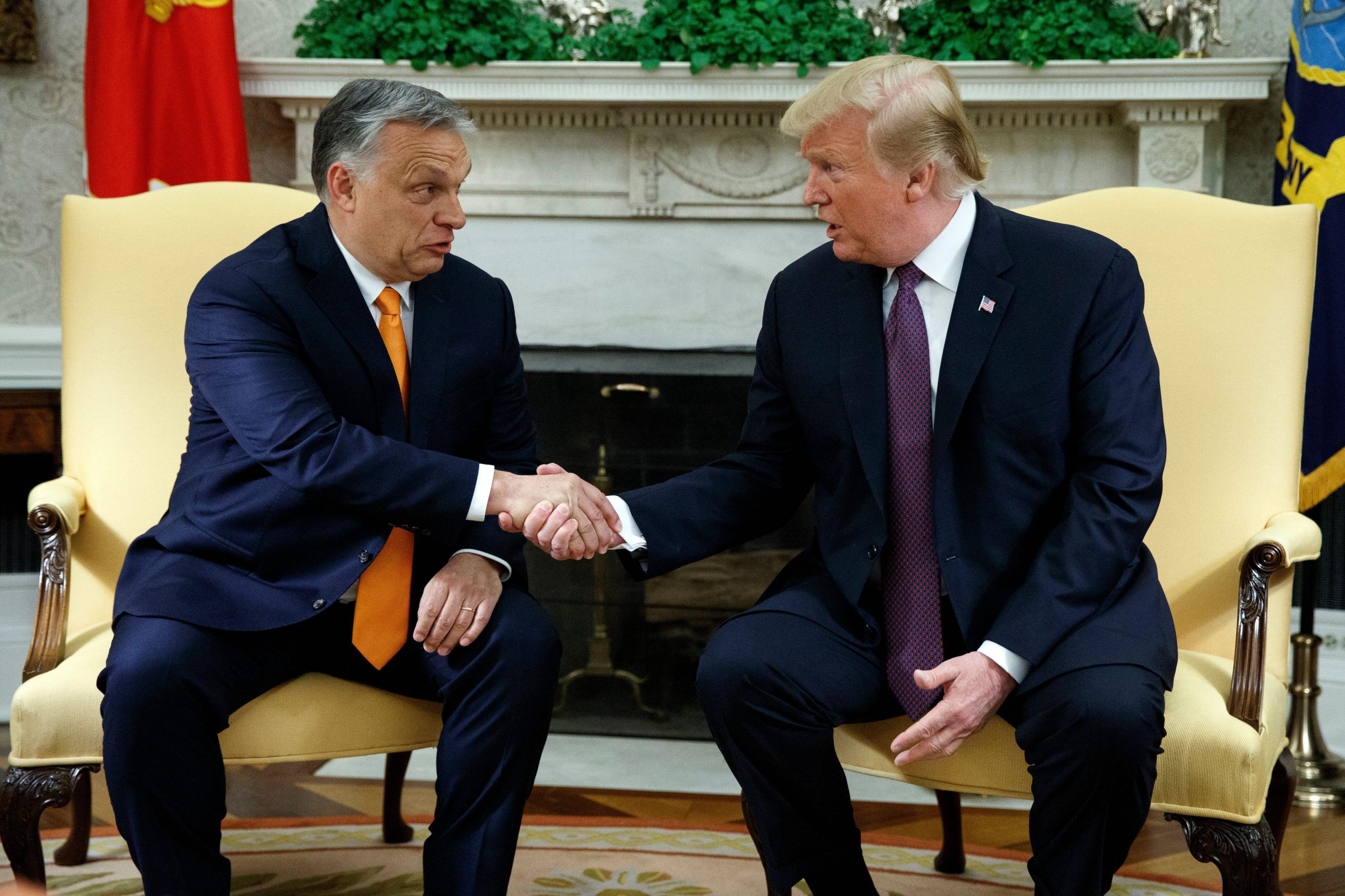Stills by Belgian artist Kris Verdonck, from A Two Dogs Company on Vimeo.
“My job is to make good art,” said Belgian artist Kris Verdonck. “I have no interest in being deliberately offensive or provocative.”
Verdonck was speaking at an event at the Onassis Cultural Centre in Athens last week, entitled Art Freedom Censorship. Featuring a range of international speakers and organisations, including Index on Censorship, the event was inspired by recent works and performances that have been shutdown in Greece following public outcry.
In Verdonck’s case, that outcry came predominantly from one man: a local priest.
Last year Onassis Cultural Centre put on one of Verdonck’s works, Stills, a series of oversized, slow-mo nudes that move within confined spaces. The artist has been showing the images around Europe, projected on to buildings associated with historical dictators. In Athens, the show lasted just one day before a priest complained. A staff member from Onassis was temporarily held in police custody before the centre agreed to halt the projections.
Also speaking at Art Freedom Censorship was director Pigi Dimitrakopoulou, who presented a play, Nash’s Balance, at Greece’s National Theatre in January, before it was pulled mid-run after vehement protests and threats of violence. The work used text taken from a book by Savvas Xiros, a convicted member of the 17 November group, which the Greek government considers a terrorist organisation.
In one of the more heated debates of the evening, Dimitrakopoulou said she hadn’t given much thought to censorship before being embroiled in the scandal. “I always thought I was too conservative to be affected by such things.” She spoke of a “political tsunami” that engulfed the show. “I expected a reaction, but more related to the work,” she said, adding that she believed most critics hadn’t seen it.
Greek journalist and publisher Elias Kanellis, who had been outspokenly against the decision to use the 17 November text, stood by his criticism but clarified that he never called for it to be censored. “Criticism is the founding principle of democracy,” he said. “But what if I were to publish Jihadi propaganda?”
Discussions also included a look at the role of the church in Greece today. Stavros Zoumboulakis, president of the supervisory council of the Greek National Library, spoke of orthodox priests refusing to admit the nation is now a post-Christian society, with only a tiny percentage attending mass. But Xenia Kounalaki, a journalist from Greek daily newspaper Kathimerini, argued the issue was less about numbers of active worshipers, more a problem of top-down influence, which still extends into the nation’s education system.
Other speakers included former Charlie Hebdo columnist and author of In Praise of Blasphemy Caroline Fourest; Mauritanian filmmaker Lemine Ould M. Salem, who has run into difficulties with France’s film classification board over his documentary about Salafi fighters in Mali; and German director Daniel Wetzel, who is presenting a theatrical interpretation of Mein Kampf at Onassis in April.
Vicky Baker spoke at Art Freedom Censorship on behalf of Index on Censorship





